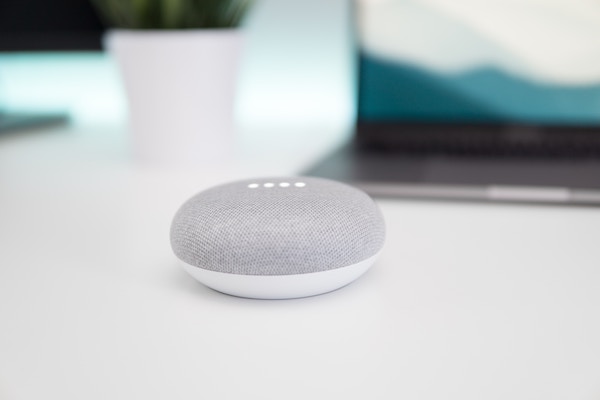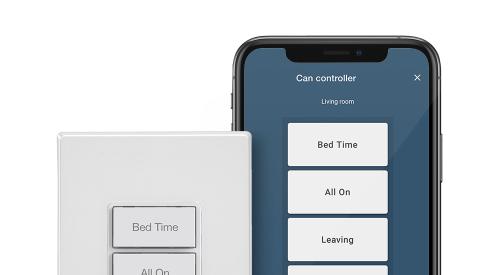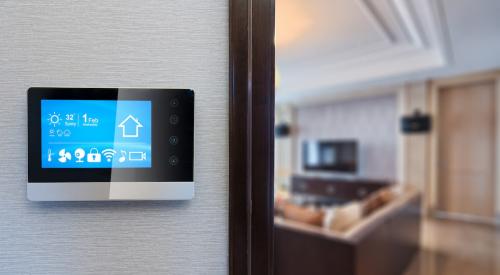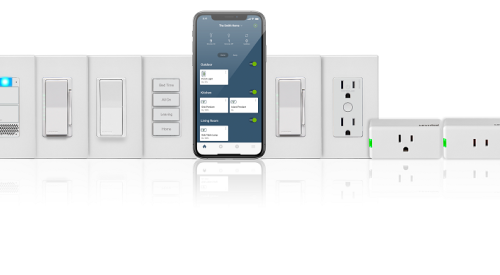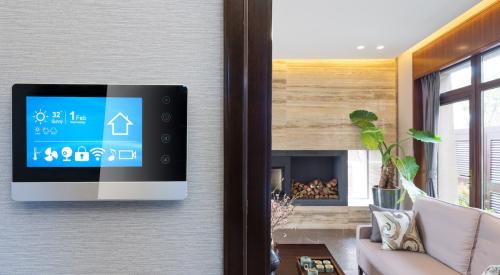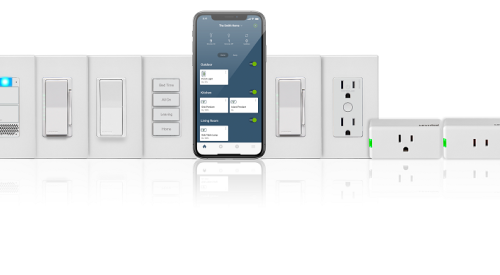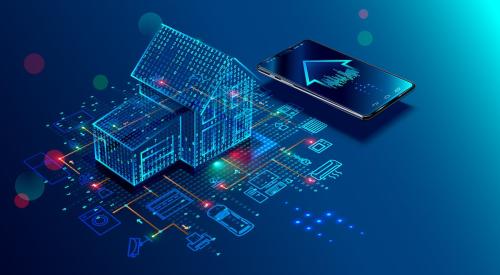It’s not just kids these days: Boomers are jumping head first into smart home technology and not looking back. Despite the stereotype of technology being shiny toys for the young, home assistants are becoming more popular for the aging population. Voice commands enable people who may have limited mobility to turn on lights, connect with family, and keep on track with their daily medications. With these features, smart devices are helping Boomers and even older generations retain the coveted freedom of autonomy.
When you think about smart phones and smart home technology, you probably picture Millennials making their living spaces as convenient as possible. That’s not an inaccurate picture, but it’s not a complete one either. Boomers and seniors are an enthusiastic and growing market for these features, which can make living independently easier, safer, healthier and more enjoyable for the 55-plus crowd.
“There is a misconception that older adults are tech-adverse. In fact, technology is already a central part of life for older Americans, and the connection with their devices is only expected to grow,” observes Rodney Harrell, AARP’s vice president of livable communities and long term services and supports. “Our recent survey looks at technology use among adults age 50 and older and finds that one in seven own a home assistance device, such as Google Home or Amazon Alexa. Moreover, more than 80% of Americans age 50 to 64 have smartphones, which is about the same as the population at large,” he points out.
Alex Capecelatro, co-founder and CEO of the smart home technology luxury brand, Josh.ai, sees this in his firm’s business. “Many of our clients are 65-plus, with quite a few 75-plus. They find voice control simpler than navigating a complex app. This helps with mobility, poor vision and simply not having to learn something new.” Capecelatro’s award-winning voice control product is sold through smart home technology integrators, who then help clients automate multiple operations into simple commands to operate security, lighting, entertainment, climate control and privacy, for example, with a single spoken order like “Morning routine” or “Night routine.”
